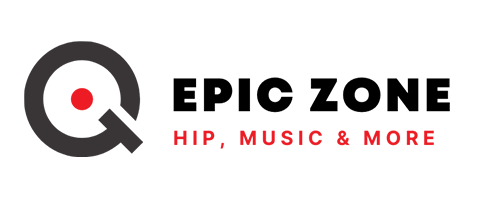Microsoft, Apple, Google, Others Sued Over Child Labour In Africa
An international advocacy group has filed a lawsuit, in which it accused Apple, Google, Microsoft, Dell and Tesla of deliberately benefitting from using young children on mine fields in the Democratic Republic of Congo.
The International Rights Advocates filed a federal class action against the five companies in Washington, D.C., where the group is based.
Its complaint that the firms “are knowingly benefiting from and aiding and abetting the cruel and brutal use of young children” to mine cobalt in “extremely dangerous conditions.
The group said the defendants have been aware for a “significant period of time” that Congo’s mining sector “is dependent upon children,” adding that cobalt mined in the region is listed as a good produced by child labour, or forced labour, which the United States Department of Labor is firmly against.
“Further, the horrors of the plight of these children has been widely reported in the media,” the complaint said, citing reports about the cobalt pipeline published by the Washington Post, the Guardian and others.
Cobalt is a major component of lithium-ion batteries found in almost every rechargeable electronic gadget. Two-thirds of the world’s cobalt comes from Congo.
An investigation conducted by International television cable channel, CNN, in 2018, revealed that child labour and corruption was prevalent in mines in the African country.
The report said many companies, including Tesla at that time, said they could not fully track their supply chains due to what they described as the complex nature of sourcing the precious metal.
However, the electric carmaker also said it sourced most of its cobalt from suppliers outside Congo, and was “committed to only sourcing responsibly-produced materials.”
CNN said Apple was one of only a few companies to reveal their suppliers.
The new suit was filed on behalf of more than one dozen anonymous plaintiffs, who are described as “guardians of children killed in tunnel or wall collapses” while mining, or “children who were maimed in such accidents.”
The suit is said to detail several cases involving children that had been injured, including a boy, who slipped and fell while working in a mine and is “now completely paralyzed from his chest down.”
Apple has declined comment about the specific allegations in the lawsuit, but said it remains “deeply committed to the responsible sourcing of materials that go into our products.”
“Since 2016, we have published a full list of our identified cobalt refiners every year, 100% of which are participating in independent third party audits,” a spokesperson said.
“If a refiner is unable or unwilling to meet our standards, they will be removed from our supply chain. We’ve removed six cobalt refiners in 2019.”
Also, Dell said in a statement that it is “committed to the responsible sourcing of minerals” and “upholding the human rights of workers at any tier of our supply chain and treating them with dignity and respect.”
“We have never knowingly sourced operations using any form of involuntary labor, fraudulent recruiting practices or child labor. We work with suppliers to manage their sourcing programs responsibly. Any supplier with reports of misconduct is investigated and, if misconduct is found, removed from our supply chain,” the company added.
Microsoft, Tesla, and Google; listed as defendants, have not responded to the allegations.
The rights group claimed in the lawsuit that the children were exploited and hurt in mining operations linked to mining companies; Glencore, Umicore and Huayou Cobalt, which the plaintiff said supply to either some or all of the defendants.
None of the mining companies were listed as defendants.




